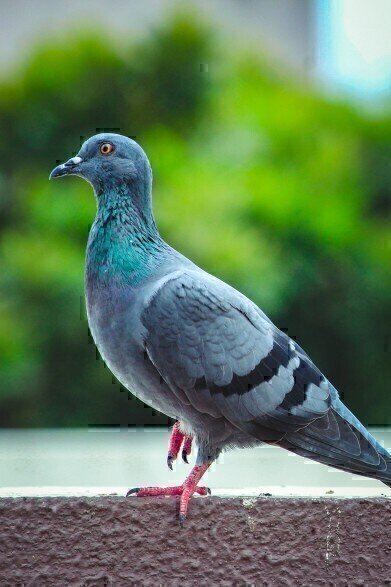Air clean up
Why Do Racing Pigeons Fly Faster in Polluted Air?
Mar 23 2016
Scientists have uncovered the extraordinary likelihood that while air pollution in China poses a serious health risk to its inhabitants, it can actually make racing pigeons fly faster. The birds, which are sometimes known as homing pigeons, were found to have significantly increased speeds during times of heavy pollution.
The findings come as part of study conducted by scientists, who analysed Chinese pollution data provided by environmental agencies and cross-referenced it with the results of pigeon races at corresponding times and places.
The Study
Chinese problems with air quality are well-documented. Indeed, in 2011 it was found that Chinese power plants emit as much nitrogen oxides (NOx) as all of the passenger cars in the world, contributing to the country’s reputation as one of the biggest polluters on the planet.
With this in mind, it was reasonable to expect that elevated levels of pollution would actually inhibit the performance of the birds, since their senses of smell and sight would both be impeded. As the pigeons rely primarily on these senses to navigate, scientists assumed that their racing times would suffer as a result of increased difficulty in orientating themselves.
However, when the scientists examined the data provided by China's state of the art air monitoring systems and compared it with the flight times in 415 races across the North China Plain (one of the most polluted regions), they were astonished by the results. Contrary to expectation, whenever the air quality was particularly poor, the birds made it to their target “significantly faster” than their normal average speed of 37mph.
Why Does Pollution Increase Speed?
The reasons behind the pigeons increased velocity in adverse conditions is not fully understood, although scientists have constructed several hypotheses. These include:
- Self-preservation. It’s believed that perhaps the poor air quality was recognisable to the birds and so they simply increased their pace so as to be free from the contaminating gases as soon as possible.
- Risk of predators. The poor visibility caused by the pollution obscured the bird’s vision, concealing the possible existence of predators in its immediate vicinity. The fear caused by this impaired vision may have prompted accelerated speeds, from a similar sense of self-preservation as that mentioned above.
- Stronger signals. The organic compounds present in haze pollution might provide the birds with stronger signals by which to navigate during periods of poorer air quality, thus making their journey home easier.
Whatever the precise reason, it’s clear that birds do not rely quite so heavily on sight to navigate as previously assumed. Indeed, other studies corroborate this theory – it was found that even when frosted lenses were placed over the birds’ eyes, they could still find their way home with relative ease.
Regardless of its effect on racing pigeon flight times, it’s clear that pollution in China remains a serious concern. Even though Beijing reported an improvement in its air quality throughout the year of 2015, there is still a long way to go for the Asian super-country in cleaning up its act.
Events
May 18 2025 Algiers, Algeria
23rd International Water Management Exhibition
May 20 2025 Prague, Czech Republic
Singapore International Water Week Spotlight 2025
Jun 23 2025 Singapore
Jun 25 2025 Sao Paulo, Brasil
Jul 02 2025 Bangkok, Thailand














